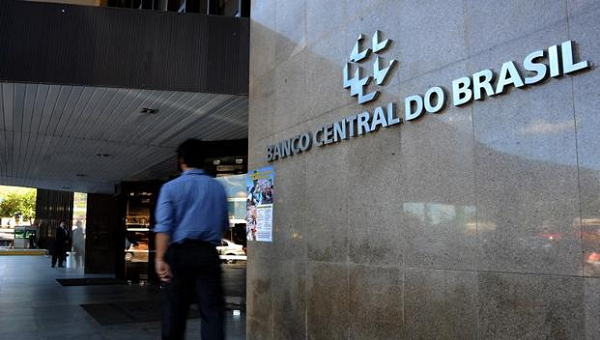Inflation in Brazil has reached its lowest level in nearly three years, providing a glimmer of hope for the country’s struggling economy.
As of mid-June, the 12-month inflation rate stood at 3.4%, marking a significant decrease from the previous month’s figure of 4.07%. The decline in inflation has sparked discussions about potential interest rate cuts by the Brazilian central bank, provided consumer prices remain subdued.
Economists and analysts anticipate that the central banks of Latin America, including Brazil’s, will spearhead a global trend in slashing interest rates. The notable decline in Brazil’s inflation rate bolsters the case for the central bank to consider rate cuts in the near future. With inflationary pressures subsiding, the bank can shift its focus toward stimulating economic growth through monetary policy adjustments.
According to reports, a majority of Brazil’s monetary policy committee has expressed openness to the possibility of a rate reduction as early as August. This signals a growing consensus within the committee that the country’s economic conditions are ripe for a policy shift. Although this year’s annual inflation is still within the upper target range of 3.25% to 4.75%, the downward trajectory provides room for cautious optimism.
However, the decision by Brazil’s central bank to maintain benchmark interest rates at 13.75% has caused dissatisfaction among government officials. Critics argue that the bank’s reluctance to lower rates hampers efforts to revitalize the economy and spur investment. With inflation easing, calls for rate cuts are expected to gain momentum, placing additional pressure on the central bank to reassess its monetary policy stance.
Looking ahead, the next central bank meeting holds particular significance as economists at Capital Economics anticipate a 25-basis-point reduction in interest rates, bringing the benchmark rate down to 13.50%. This move would align with the central bank’s efforts to stimulate economic activity and regain momentum. However, the final decision will depend on various factors, including the trajectory of inflation in the coming months.
Supporting the notion of subdued inflation, the IPCA-15 consumer price index in Brazil recorded a modest increase of 0.04% in mid-June. This figure is lower than anticipated, further strengthening the case for potential rate cuts.

